Software Engineer
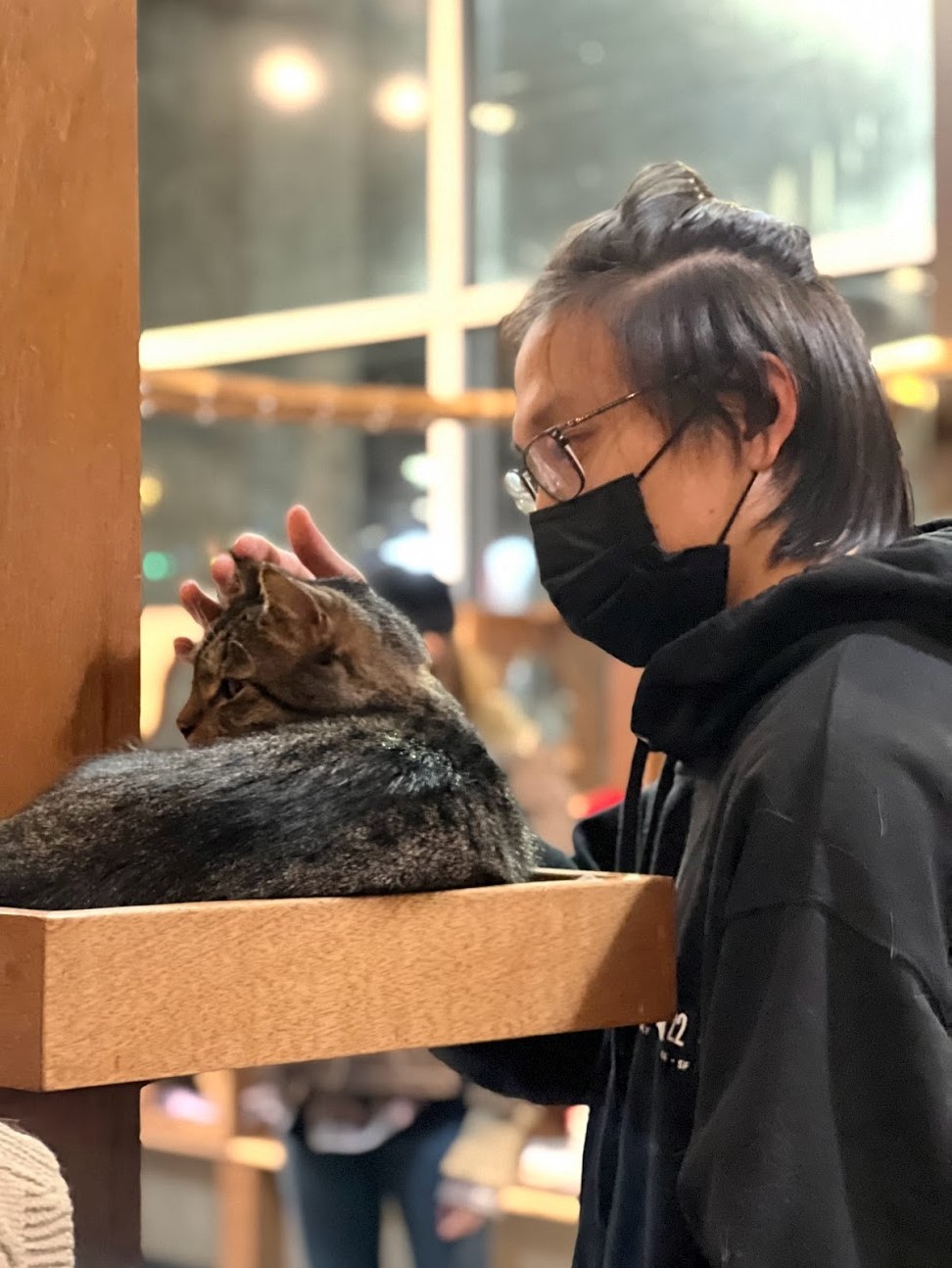
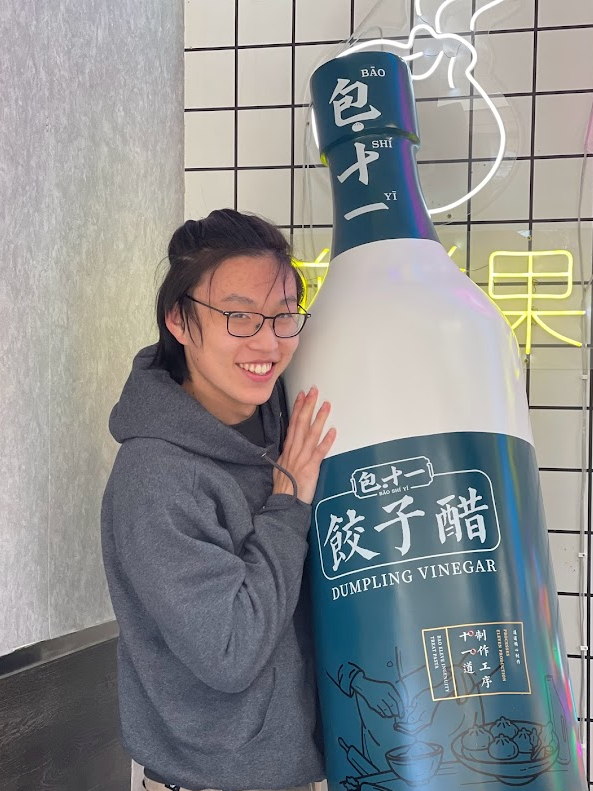
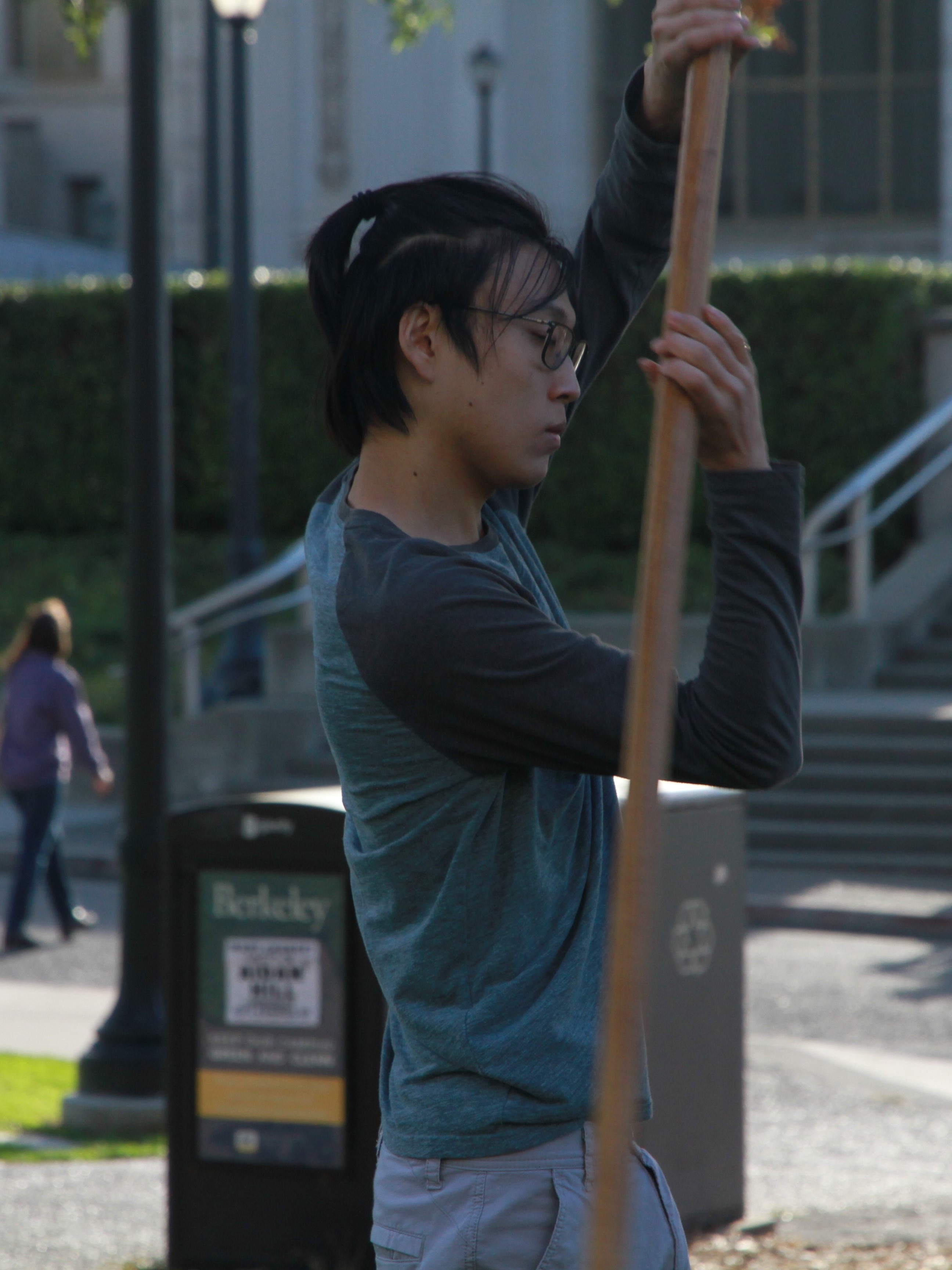
Hi! I'm David! I'm a gamer who enjoys rhythm games and music.
I helped teach and facilitate the Game Design Decal, where we teach students how to create video games in Unity. I also participated in the class, and have an itch page with all the games I've helped make. In particular, I produced, designed, and coded a rhythm game titled Rhythmic Blade.
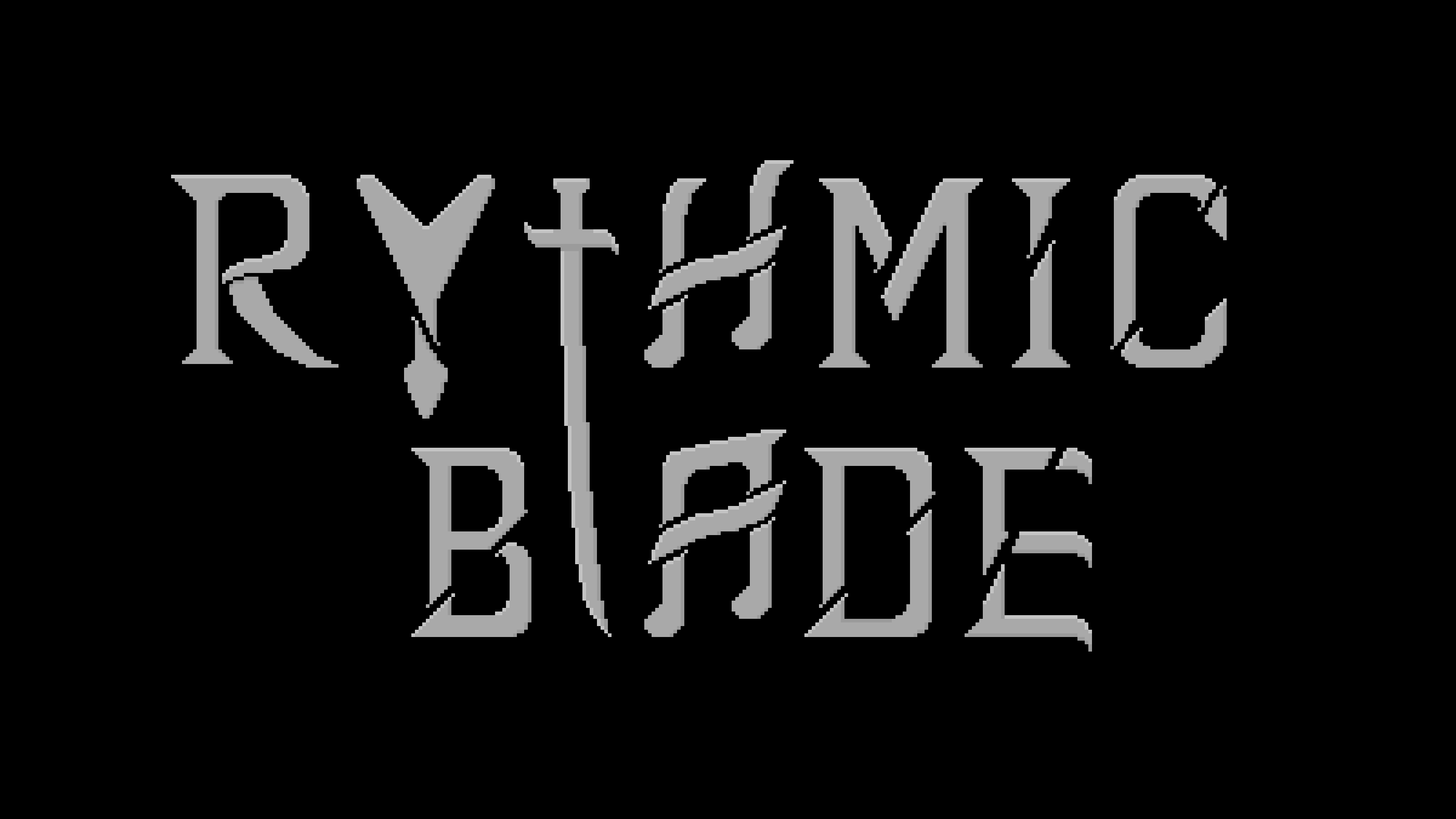
I was also recently in the Wuthering Waves second closed beta, and you can check out my teardown of the game and the mechanics here.
I also developed a realistic fluid simulation inside of Unity only using Shaders. You can see the writeup of the project here, and my other projects for the class here.
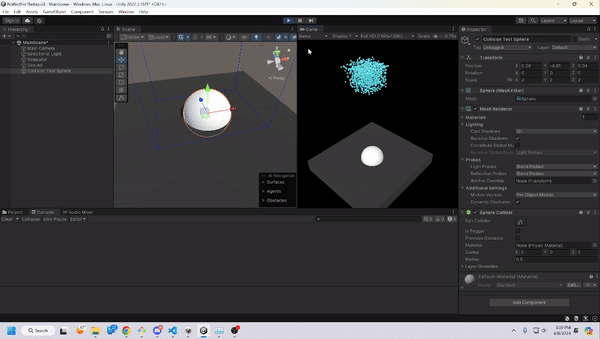
Hello! I'm David, a computer science graduate from UC Berkeley.
Currently working at Houlihan Lokey full time as a software developer doing full stack development building an AI driven tool for bankers. I'm also doing a part time masters at Georgia Tech with a 4.0 GPA
Previously conducted research at the Center for New Music and Audio Technologies (CNMAT) at Berkeley where I utilized generative AI to create reactive music videos. This was done using prompt injection in Stable Diffusion to create audio responsive outputs. You can see the project here.
In addition to school and work, I constantly seek opportunities to expand my knowledge. I have attended numerous hackathons, game jams, and organized several math tournaments for high school and middle school students including the Berkeley Math Tournament. I am also a founding officer of the Dance Games @ Berkeley, which hosts and maintains the Dance Dance Revolution machine on campus. You can see our website which I helped build here.
Papers and Presentations
| Name | Year | URL |
|---|---|---|
| 'Network Bending of Diffusion Models for Audio-Visual Generation' Paper discussing thermal conductivity of nuclear fuel rods |
2024 | Paper |
| 'Experimental results of conductive inserts to reduce nuclear fuel temperature during nuclear volumetric heating' Paper discussing thermal conductivity of nuclear fuel rods |
2021 | Paper Link |
| 'Dry in-pile fracture test (DRIFT) for separate-effects validation of ceramic fuel fracture models' Paper discussing fractures of nuclear pellets during reactor heating |
2021 | Paper Link |
| Predicting Protein-Ligand Binding Using Deep Learning with Spatial Transformations Paper submitted to JSHS and ISEF |
2020 | Paper |
| American Medical Informatics Association Presenter Presentation slides during the annual symposium |
2019 | Presentation Slides |


